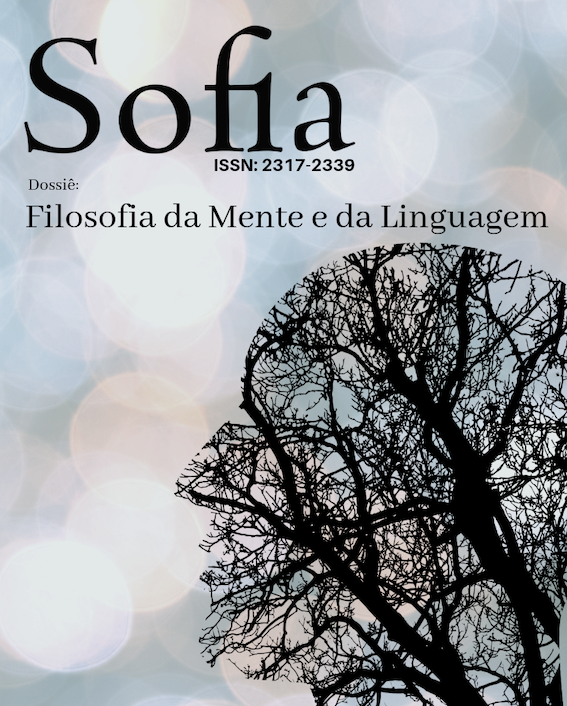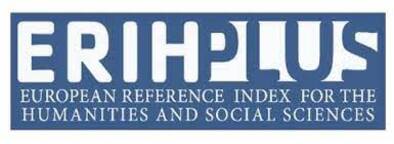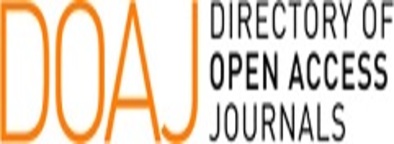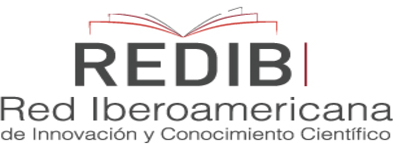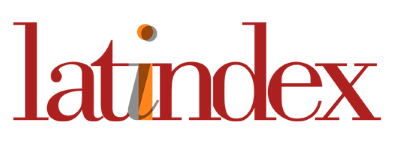The extended mind hypothesis: an anti-metaphysical vaccine
DOI :
https://doi.org/10.47456/sofia.v8i1.23751Résumé
Discussions about the extended mind have ‘extended’ in various directions in the last decades. While applied to other aspects of human cognition and even consciousness, the extended-mind hypothesis has also been criticized, as it questions fundamental ideas such as the image of a dual world, divided between an external and an internal domain by the border of ‘skin and skull’, the idea of a localized and constant decision center, and the role of internal representations. We suggest that the main virtue of the hypothesis is not as a theory per se, but as a vaccine against persistent metaphysical prejudices about the mind’s structure, functions and borders. Being an hypothesis about the most efficient ways to combine resources and problems, and not a theory about the mind’s a-priori constitution, the extended mind view moves the focus from ontology to pragmatics and helps purify philosophy of mind from metaphysical remainders.Téléchargements
Téléchargements
Publiée
Comment citer
Numéro
Rubrique
Licence
© Giorgio Airoldi 2019

Ce travail est disponible sous la licence Creative Commons Attribution 4.0 International .
Dada a política de acesso público da revista, o uso dos textos publicados é gratuito, com a obrigação de reconhecer a autoria original e a primeira publicação nesta revista. Os autores das contribuições publicadas são inteiramente e exclusivamente responsáveis por seus conteúdos.
I Os autores autorizam a publicação do artigo nesta revista.
II Os autores garantem que a contribuição é original e assumem total responsabilidade pelo seu conteúdo em caso de impugnação por terceiros.
III Os autores garantem que a contribuição não está sob avaliação em outra revista.
IV Os autores mantêm os direitos autorais e concedem à revista o direito de primeira publicação, sendo o trabalho licenciado sob uma Licença Creative Commons Atribuição-BY.
V Os autores são autorizados e incentivados a divulgar e distribuir seu trabalho on-line após a publicação na revista.
VI Os autores dos trabalhos aprovados autorizam a revista a distribuir seu conteúdo, após a publicação, para reprodução em índices de conteúdo, bibliotecas virtuais e similares.
VII Os editores reservam o direito de fazer ajustes no texto e adequar o artigo às normas editoriais da revista.

